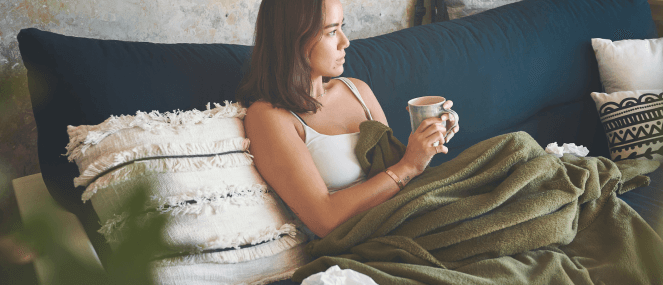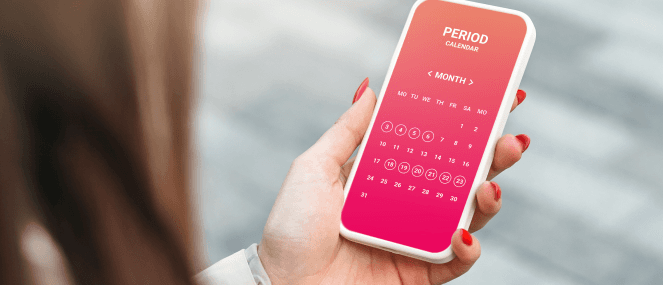
- Health hub/
- Stress relief & sleep support/
- The adults-only guide to how much sleep you need


Magic numbers for adults
Seven isn’t just a lucky number. It’s a digit that most experts agree is the minimum amount of sleep you should aim for, with eight to nine hours being the generally accepted optimum number.
“My advice is to not let yourself get less than seven hours’ snoozing, no matter how busy you are,” says motivation and well-being writer Siimon Reynolds in his new book Why People Fail. “You may think it’s a waste of time, but sleep has been shown to be crucial for your memory, your creativity, your mood, your speed of biological ageing and, of course, your energy levels.”
As Dr Craig Hassed argues in The Essence of Health: “The long-held idea that eight hours’ sleep a night is optimal is not entirely accurate but it is a useful guide.” This is because it’s depth, not just hours on the clock, that matters.
Sleep includes four stages: two superficial ‘dreaming’ levels, and two stages of deeper sleep. Broken sleep interrupts your flow through these four doors, leaving you more likely to wake feeling tired.
In other words, if you’re getting seven to nine hours’ sleep, but it’s disrupted, take action to improve your sleep or de-stress, depending on why it is you’re waking intermittently.
Unsavoury digits
Less than five hours a night
… has been linked with a higher incidence of serious disease in adult women.
More than nine hours a night (or less than six hours)
… has been associated with higher mortality rates. “The assumption that more sleep is better for you is not necessarily true, but there is individual variation and our need for sleep differs depending on age and illness,” says Hassed.
Myth busters: older adults and sleep
Contrary to popular belief, older adults don’t require less shut-eye than their younger counterparts. Instead they benefit from getting as much sleep as they did in their 30s, according to new research by Professor Sean Drummond from the University of California.
Addressing the American Association for the Advancement of Science, he said: “The ability to sleep goes down as you age, but it is a myth that older people need less sleep…. Whatever you slept when you were 35 should be the same from 75.”
From 35 to 85, we lose around one hour of sleep nightly, says Drummond. This tends to be due to waking up in the middle of night rather than sleeping solidly the whole night through.
As he told Science News, “For older adults the absolute number of minutes of sleep they got last night has a significant influence on performance today.” This typically shows up with how well memory fires. In his studies, Drummond found those older adults who slept more total time over the course of a normal night, more accurately recalled a list of random nouns than did those who slept fewer hours.
Did you know?
Some studies indicate that women need an extra hour of sleep per night than men do, and that not snatching this additional kip can make women more susceptible to the blues.
References available on request




